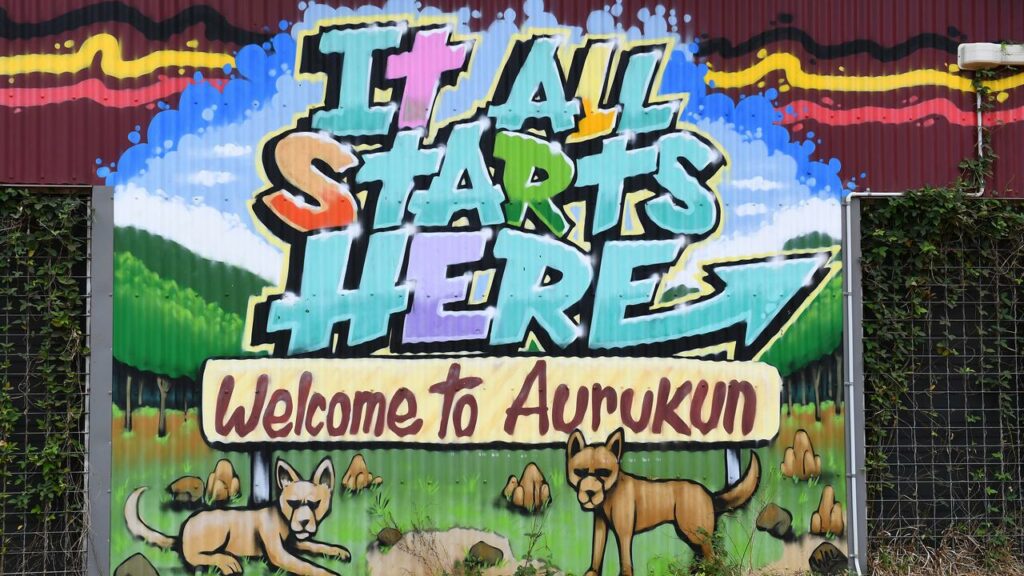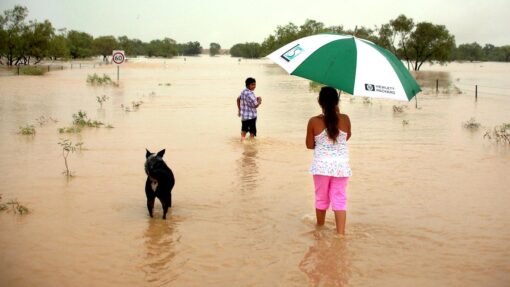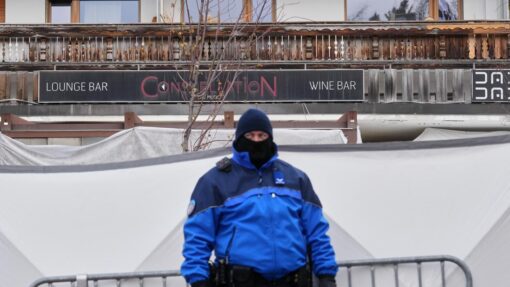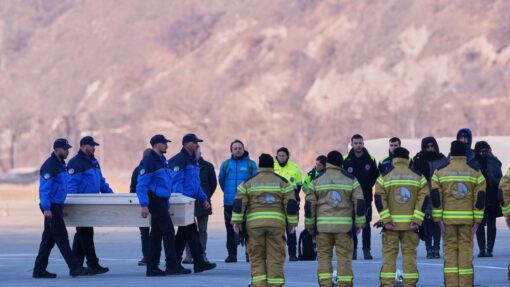‘Unlawful’ confession after stabbing sparked riots
Laine Clark |

Days after a fatal stabbing sparked Cape York riots, an 18-year-old charged with murder told police that he had wielded the knife.
However, it has been revealed the interview could not be used at his trial because it was unlawfully obtained by police.
On New Year’s Day 2020 a 37-year-old man was stabbed during a melee between rival groups at Aurukun, a far north Queensland Indigenous community.
Tensions flared afterwards, with homes destroyed by fire and hundreds of people arming themselves with makeshift weapons.
Hundreds also fled Aurukun as violence broke out over two days, prompting the state government to send in disaster response experts.
The 18-year-old and a co-accused ran into the bush after the fatal attack fearing retribution.
The teen was ultimately taken into police custody and transported to Weipa amid safety fears at Aurukun.
He was charged with murder after a brief “uncontroversial” police interview.
After being transported to the Cairns watch house, the 18-year-old asked to be interviewed again.
It was organised after an assurance was sought by police from the teen that he was not going to waste the detective’s time.
During the interview the teen claimed members of his family had been chased by the 37-year-old and others, hitting one of them in the head with a rock.
The teen told police up to 30 people were involved in the ensuing melee.
He admitted stabbing the 37-year-old, saying the man was “gonna assault my cousin/brother”.
Asked why he knifed the man, the teen said: “I don’t know. I think I was angry at him”.
He later said: “I didn’t mean to like kill him … I was gonna give him a lesson, you know”.
Evidence supports the inference that the teen incorrectly thought an interview was a necessary part of the process he had to complete after his arrest, Supreme Court Justice James Henry said in his judgment.
The teen did not articulate a correct understanding when his rights were explained at the interview, he said.
Police also did not attempt to contact a lawyer or a support person.
The Crown’s legal team argued there was an exception to the requirement of contacting a lawyer if police “reasonably suspects the person is not at a disadvantage compared to members of the Australian community generally”.
However, Justice Henry said the failure to contact a lawyer or support person demonstrated a “very concerning” lack of understanding and or respect for protective measures to disadvantaged Indigenous suspects.
“It follows it would be so unfair to the applicant and so contrary to the public interest to admit the interview into evidence that it should be excluded from evidence at the (teen’s) trial,” he said.
In September 2021 Justice Henry granted the teen’s application for the police interview to be excluded from evidence at his murder trial.
However, the judgment could not be published until after the teen’s trial and appeal process.
The teenager, who can’t be named due to his link with a juvenile co-accused, was found guilty of murder by a jury in October 2021.
After failing to overturn his conviction in the Court of Appeal, the teen was refused special leave to appeal to the High Court last week.
AAP


